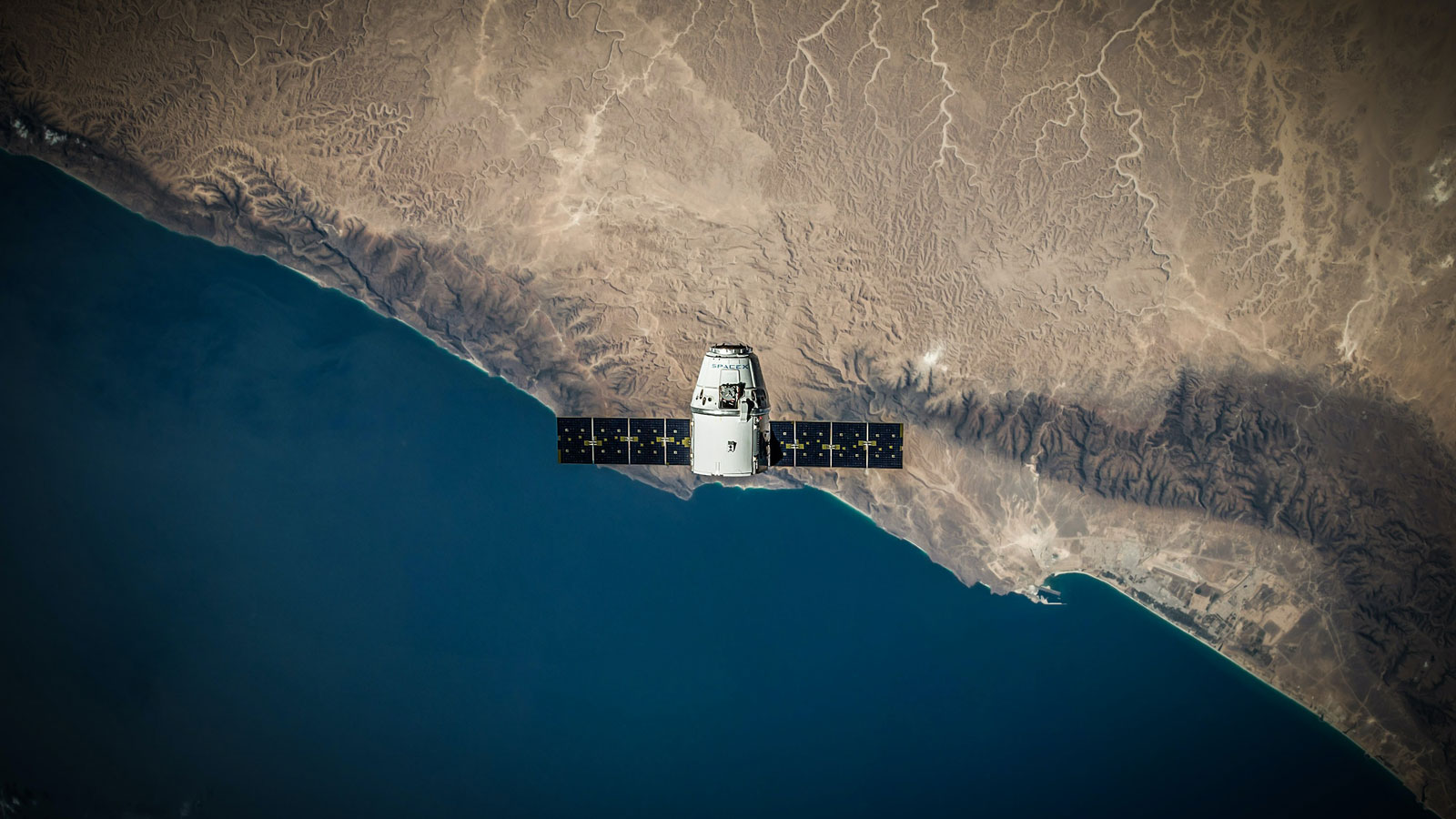A NASA satellite mission aims to help scientists investigate not what’s happening on Mars or in the Milky Way but right here on Earth, in the air we breathe.
“It’s a public health mission,” says Yang Liu of Emory University. “It’s designed to have this societal benefit at its core.”
Liu is on the team of international scientists and health experts working on the NASA-led MAIA mission.
The group is developing technology that will be launched into orbit – likely next year – to monitor air pollution in more than 10 cities around the world.
The equipment will observe how tiny air pollution particles reflect or absorb light. Scientists can use that information to determine the concentrations of pollutants such as sulfates and nitrates.
“Most of these air pollutants are emitted during fossil fuel combustion from power plants, from traffic,” Liu says.
Epidemiologists will use the data to study connections between these pollutants and the local prevalence of health problems such as heart attacks, lung disease, and low birth weight.
So he says the mission will provide detailed data about the health impacts of burning fossil fuels. And he says that can help shape policies that protect human health and reduce climate change.
Reporting credit: Sarah Kennedy/ChavoBart Digital Media
Source link


